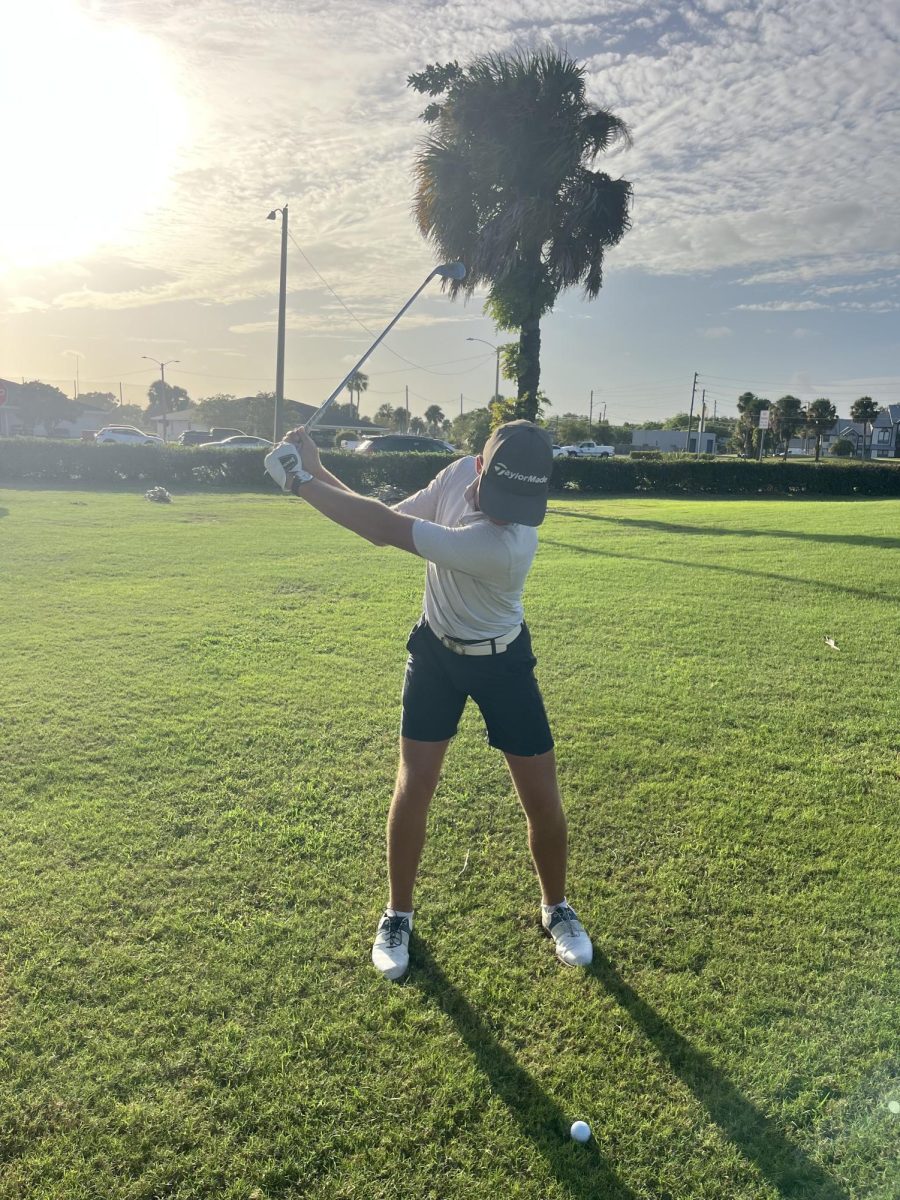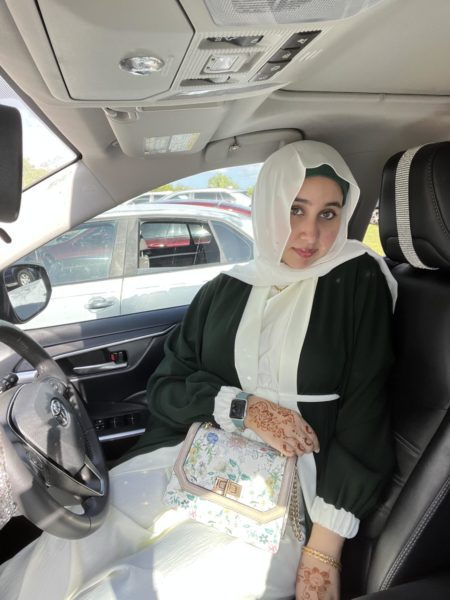As the clock struck noon, a buzz of activity filled the commons area, where a voter registration booth stood ready to help students register to vote in local and federal elections. Getting young citizens to the ballot box is the cornerstone of the Brevard County Supervisor of Elections’ new ‘Your Vote is Your Voice’ campaign. While the county has a fair number of 18-24 year olds registered to vote, their participation rate is the lowest of all age groups. This initiative aims to change that.
“Voting is something that every American should participate in. It’s not an entitlement; it’s a privilege,” Kimberly Boelzner, Communications Director for the Brevard County Supervisor of Elections said. “Part of the ‘Your vote is Your Voice’ campaign is to let people know if there’s an issue or a cause of concern that matters to you. Voting is the only way to properly affect that. One of the things that Supervisor Tim Bobanic talks about is people frequently will say, ‘Oh, my one vote doesn’t count.’ In his years in elections, he’s had two that were a 50/50 split. So it truly came down to one vote making the difference.”
Echoing those thoughts, junior Tanisha Bertilien expressed her view on the importance of voting.
“Voting is very important because I feel like since we have an opportunity to dictate and kind of see the country go the way we want to,” Bertilien said. “We should be able to use our power or our right to vote and be able to build the country that we want to envision by voting. With that, we are able to express our voices and our concerns.”
U.S. Government teacher Austin Glezen experienced this firsthand when he registered late after initially questioning if his voice mattered.
“My experience registering to vote was different than others because I did not register as soon as I turned 18. I, like many other youths, did not feel like we had a voice so what was the point in voting. However, I decided to register to vote the day before the statewide cutoff because I realized that if everyone that ‘doesn’t have a voice’ voted, there could be change in our country.”
Boelzner explained the process students need to follow.
“When you get registered to vote, you will get a voter information card in the mail that gives you the information you need to know such as where your precinct is and who your representatives are,” Boelzner said. “But for elections in Florida in a year like 2024, the primary is closed, which means unless you’re in one political party or another, you can’t vote for political races. You can vote for nonpartisan races, like school board or judicial and municipal races, those are also nonpartisan, but that’s the August primary election. In the general election, everybody can vote for all the candidates; everything on the general election ballot is open to everybody.”
However, some students felt the event lacked sufficient publicity from the school. Bertilien was one of many who were unaware the voter registration drive was occurring on campus that day.
“I did not get a chance to register to vote today at the school because I wasn’t aware the event was going on,” Bertilien said. “I think the school did not publicize it enough because I didn’t know, and not every teacher shows the news and no one said anything about it. So that was very disappointing.”
Glezen praised making registration accessible but stressed free choice.
“On-campus voter registration can be helpful for students to make sure they are registered for when they choose to vote,” Glezen said. “While voting is an important right granted to us a citizens, I do believe in every persons right to choose when, if, and how they vote. That is part of the freedom appointed to us in the Constitution. Registering to vote can be done at any time so while on-campus voter registration can be convenient, you do not need to feel pressured to register as soon as you turn 18.”


![Sophomore Isabelle Gaudry walks through the metal detector, monitored by School Resource Officer Valerie Butler, on Aug. 13. “I think [the students have] been adjusting really well," Butler said. "We've had no issues, no snafus. Everything's been running smoothly, and we've been getting kids to class on time.”](https://westshoreroar.com/wp-content/uploads/2025/08/IMG_9979-1200x800.jpg)













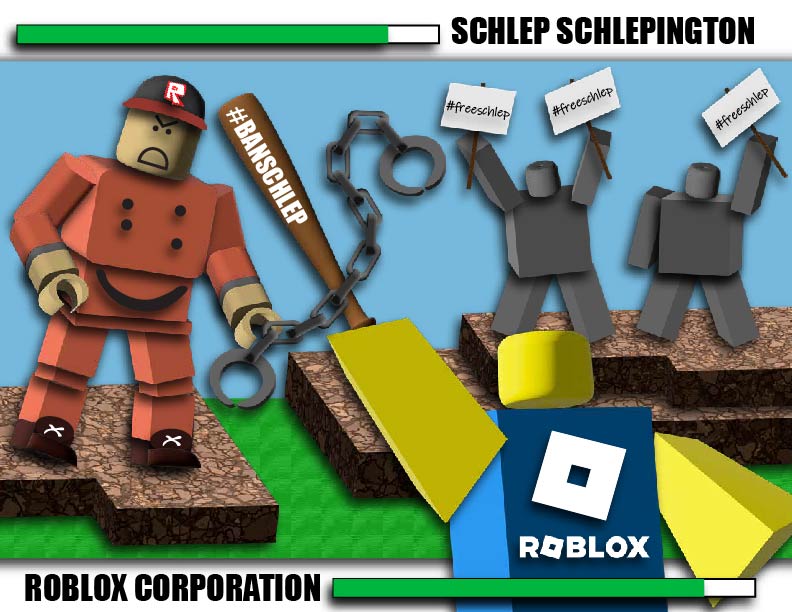





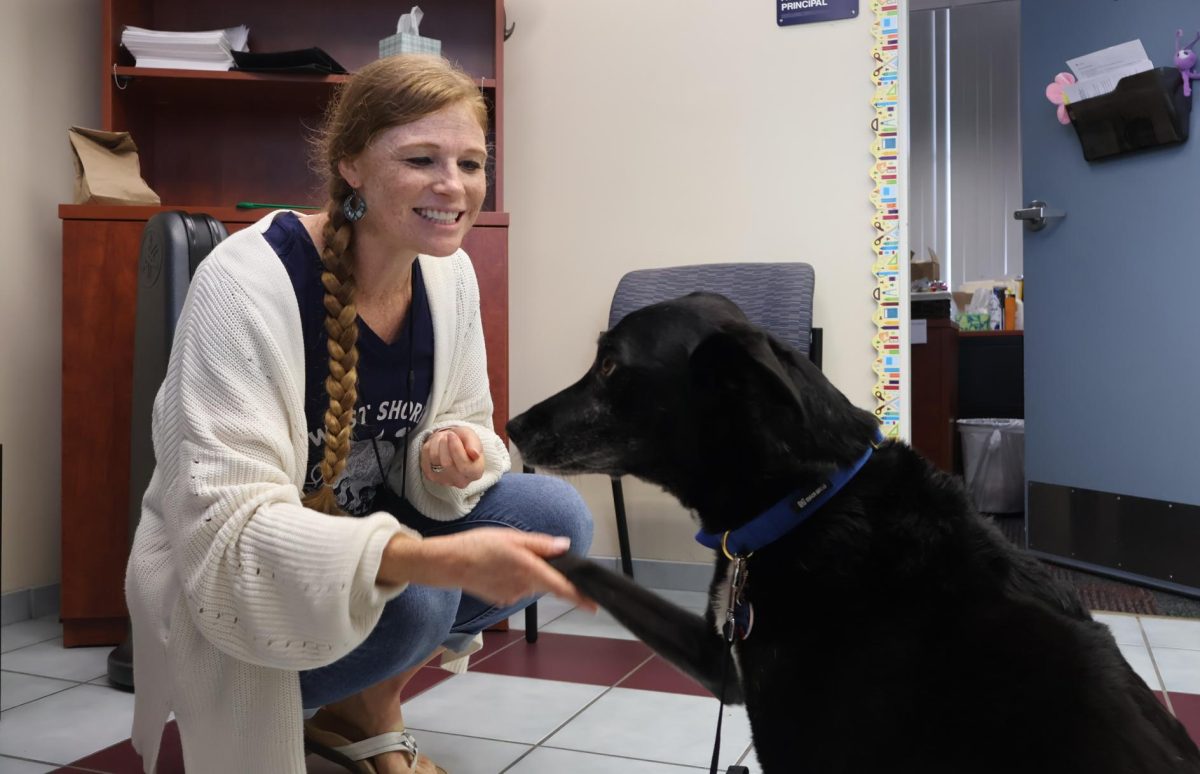
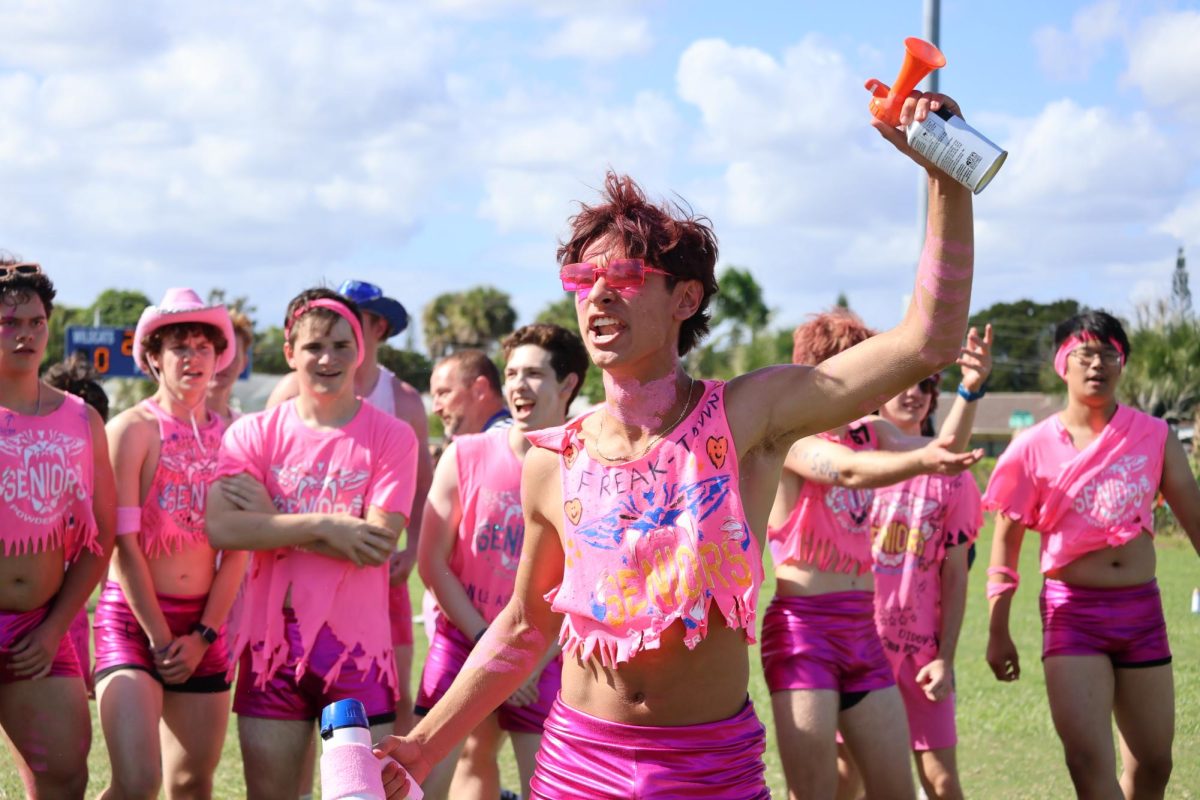
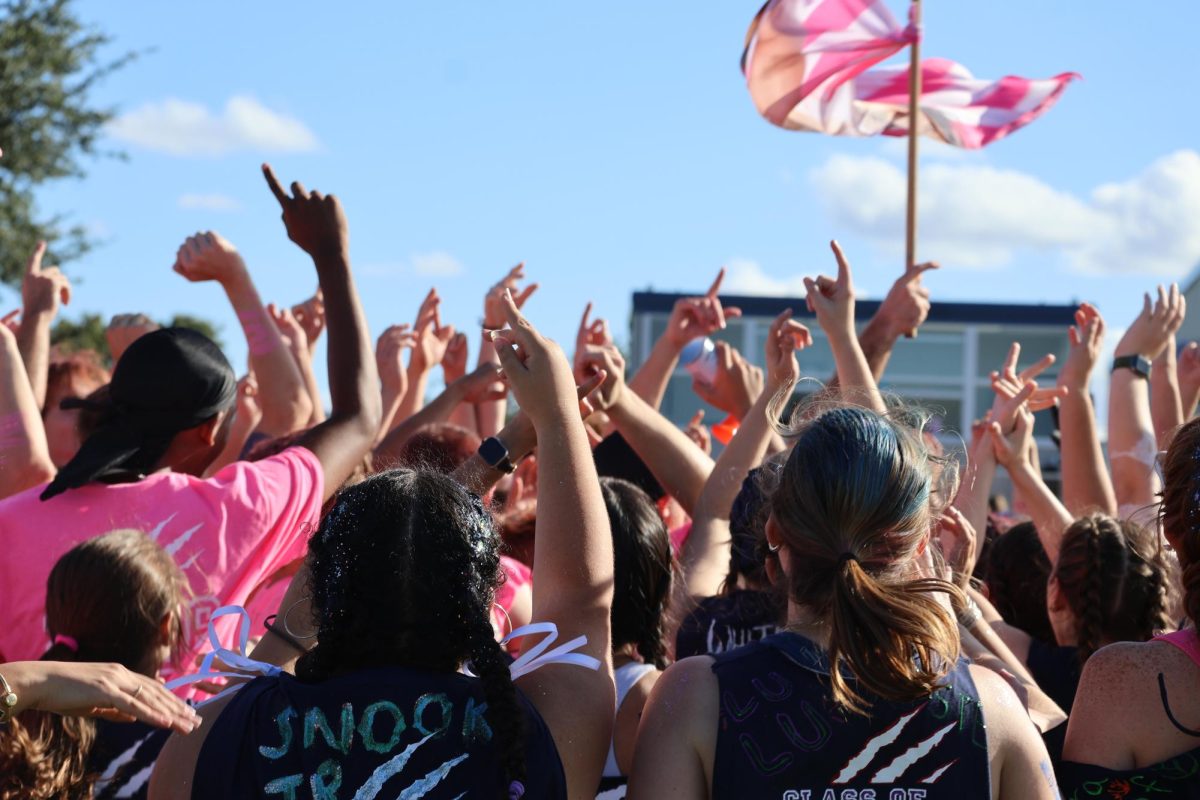











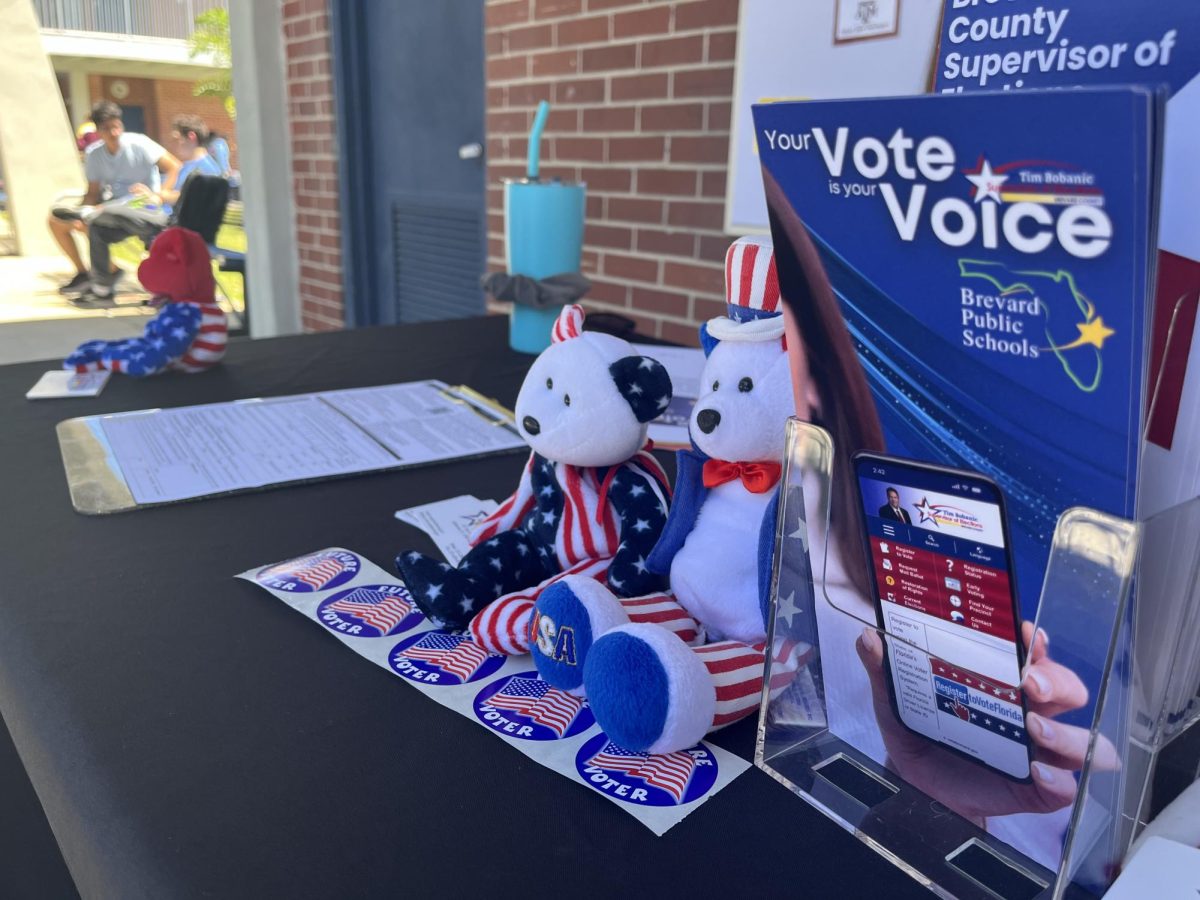
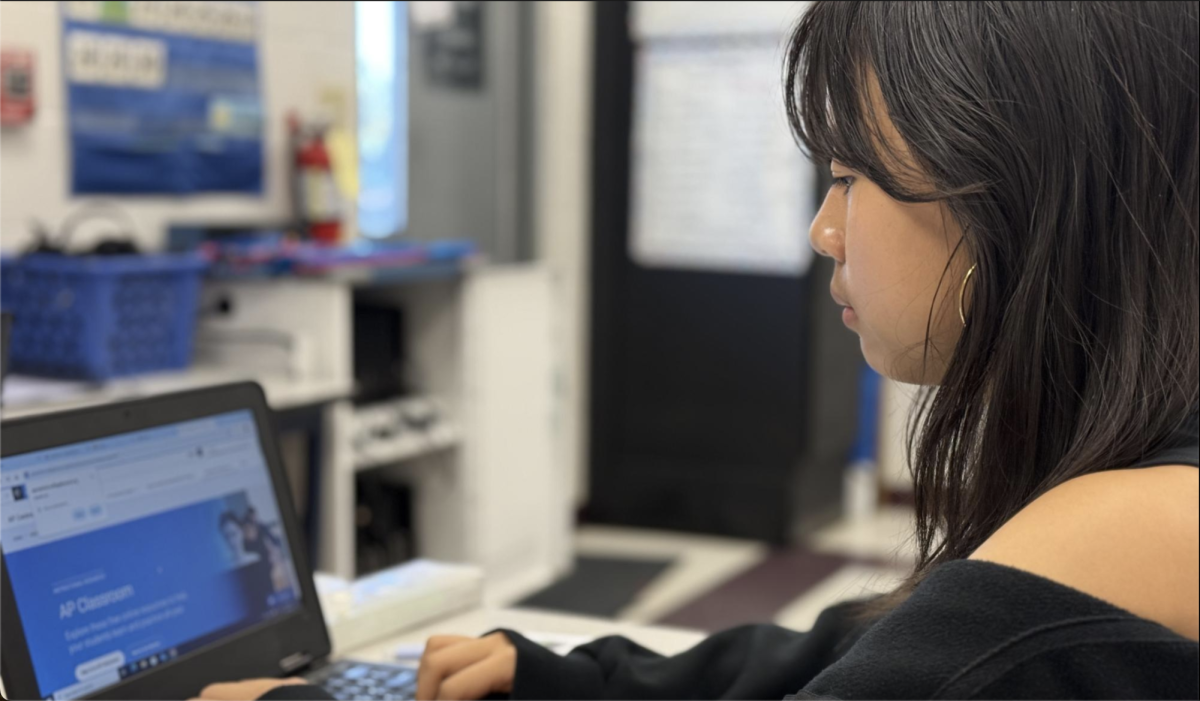
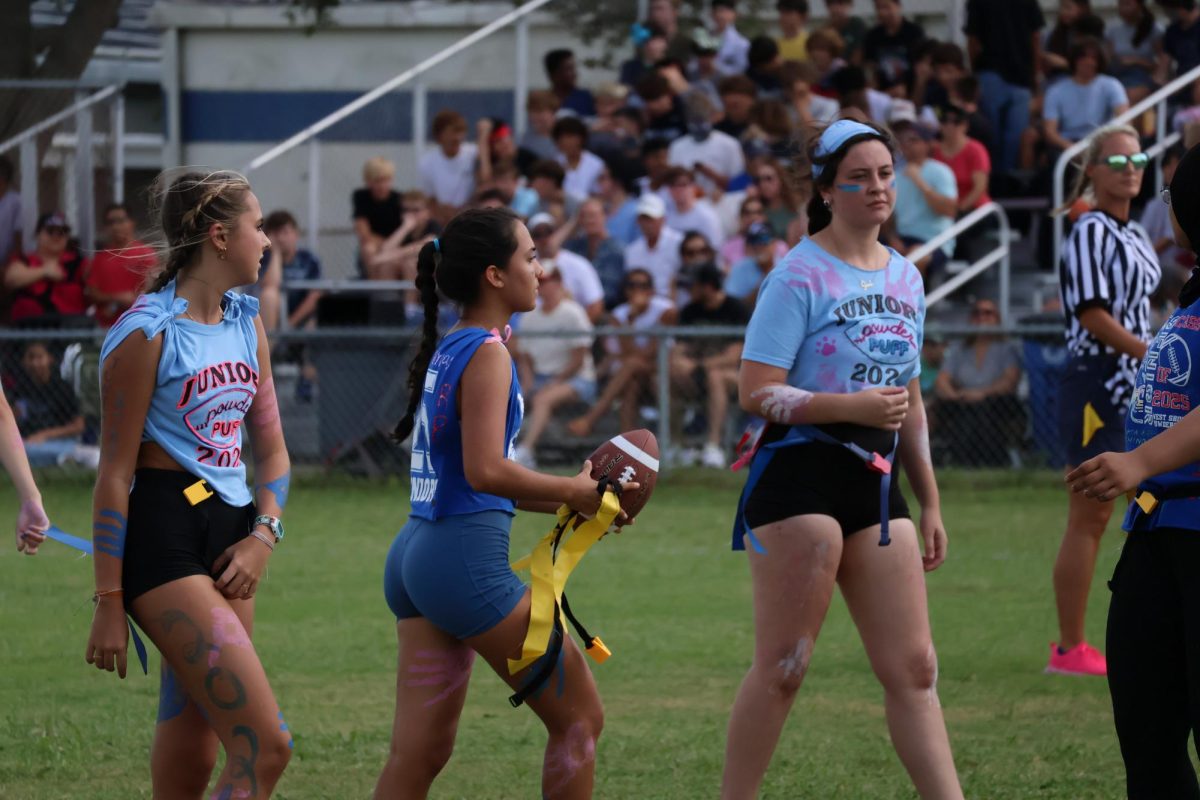
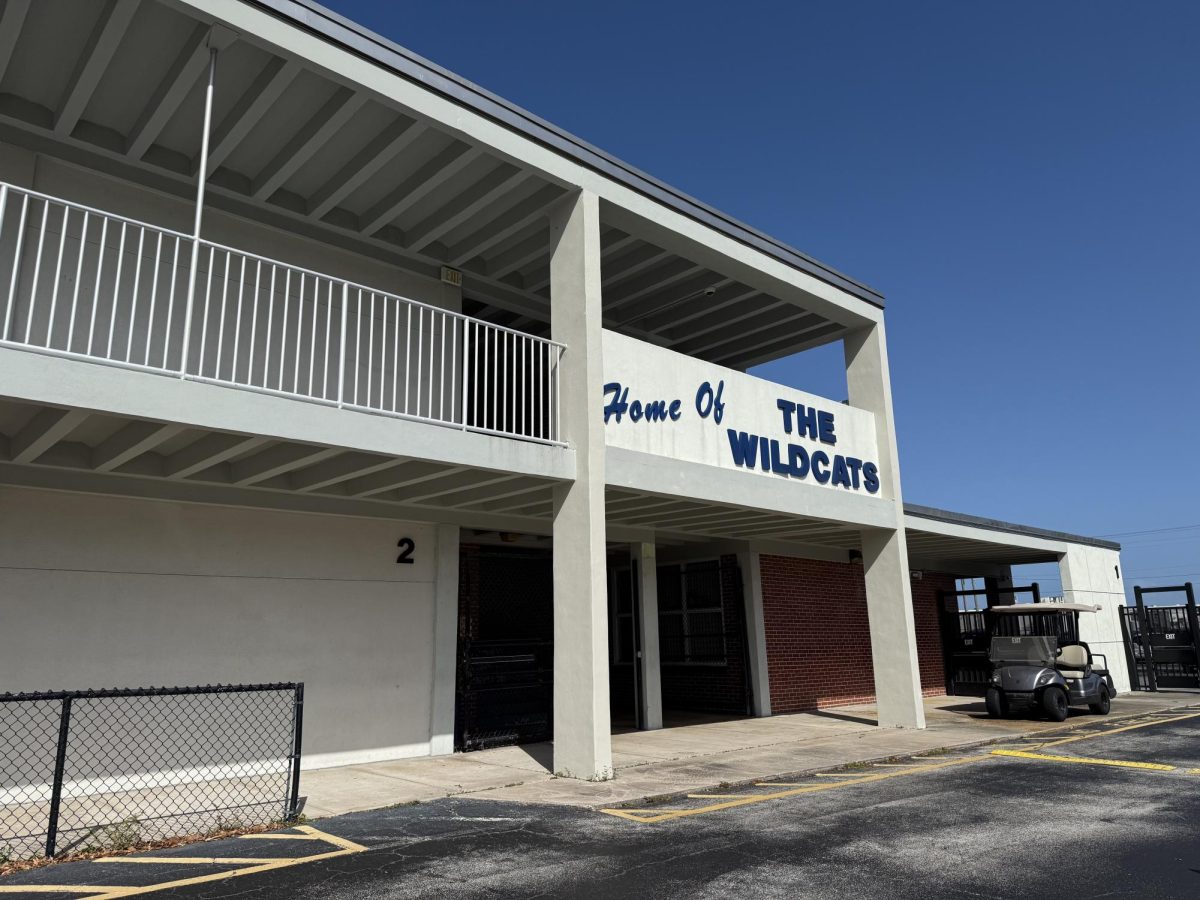
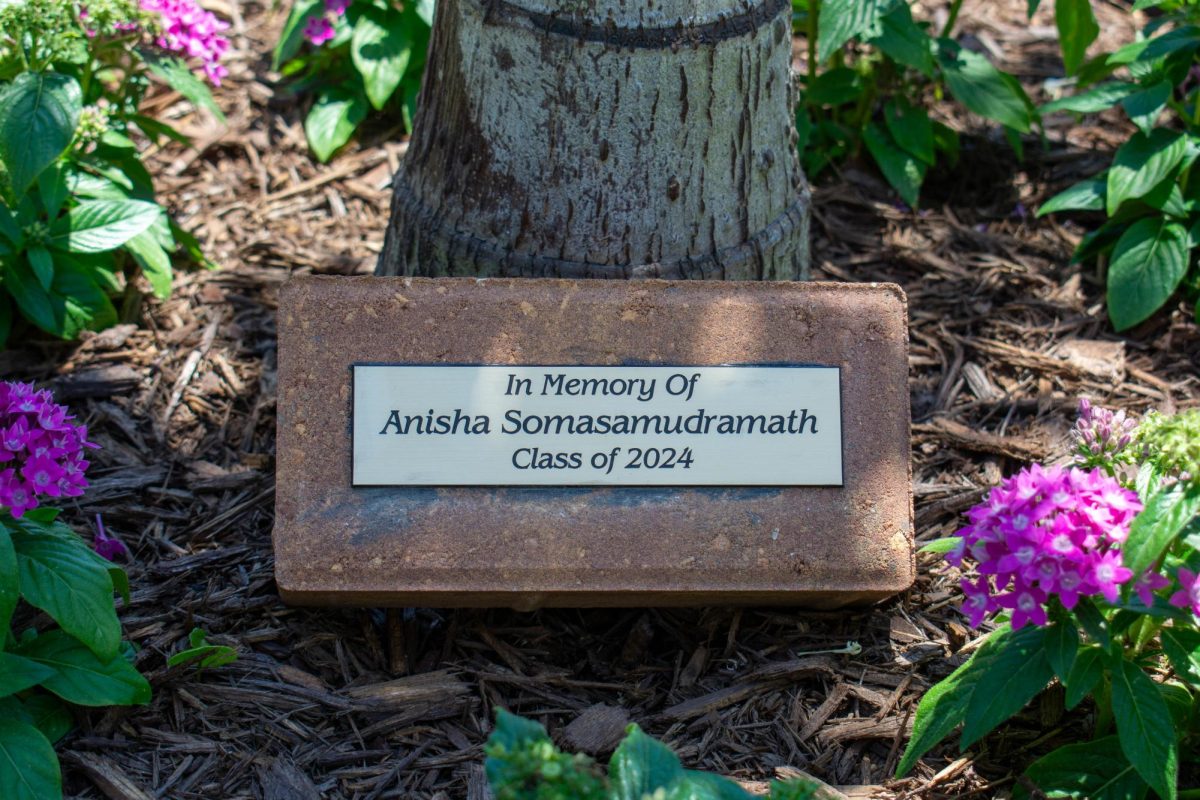

![The Melbourne Fire Department recognized coach and custodian Derrick Hamilton on April 16 with the Lifesaving Citizen Award during lunch. "I would just react for anyone," Hamilton said. "My love for children -- that's what it comes down to. [I am] where I am supposed to be."](https://westshoreroar.com/wp-content/uploads/2024/04/DSC_0639-1-e1713376507113-1200x805.jpg)
